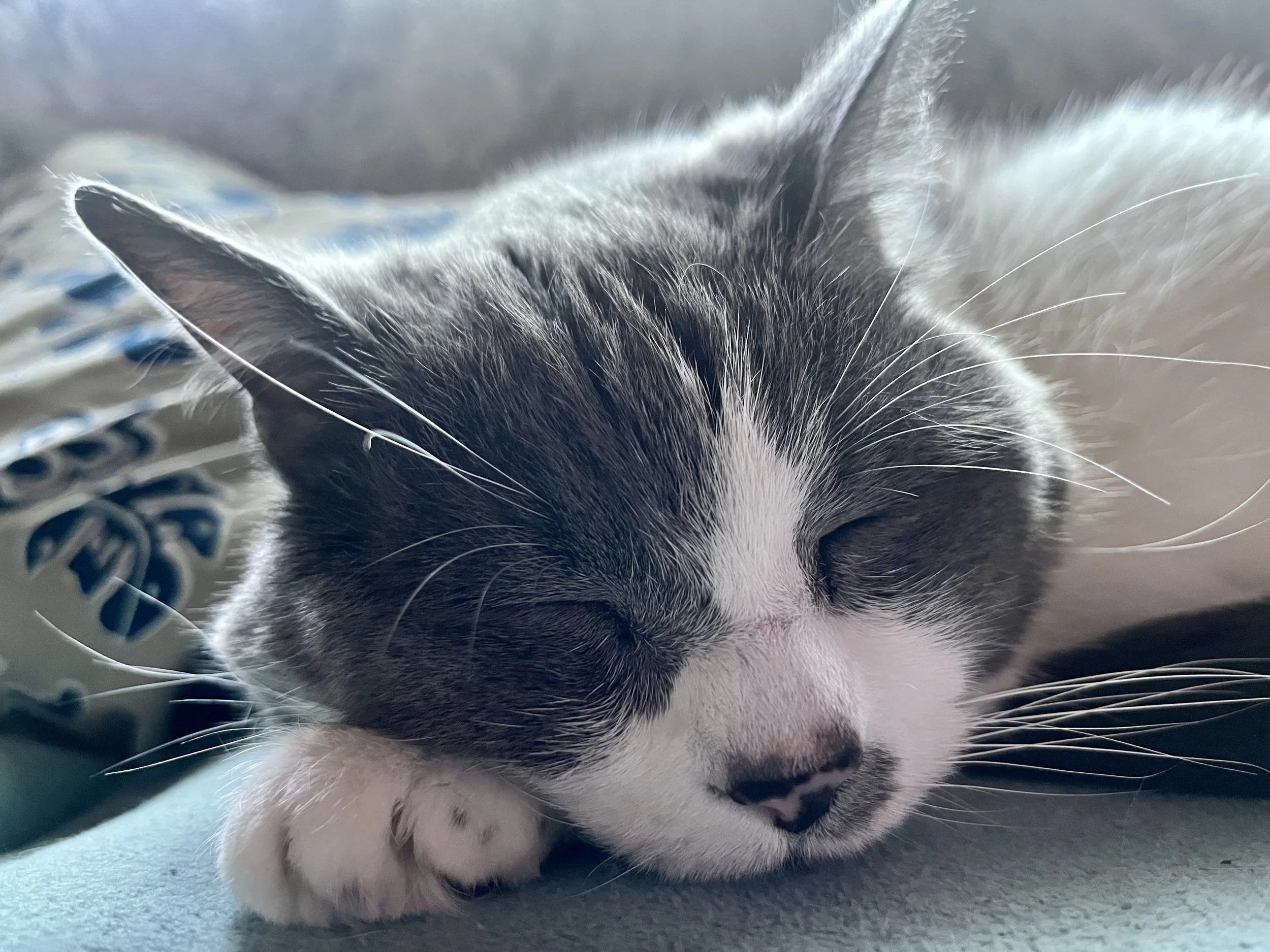Plan today to help forever.
By adding BirchBark Foundation to your estate plan, you can help ensure future generations are able to experience the amazing bond between people and their pets.
Already added us to your estate plan?
How Legacy Giving Works
By including BirchBark Foundation in your will, you will be able to continue providing life-saving veterinary care for animals whose owners would otherwise struggle to provide them the emergency care they need. Bequests, like other gifts, can be designated for many purposes or given without restriction. At BirchBark Foundation we are pledged to focus our energies on your wishes and needs.
Your first step, once you decide to leave a gift, is to contact your attorney to help you draw up your will. Your attorney will need our legal name (BirchBark Foundation) and our EIN/Nonprofit Tax ID (81-2531220). Our nonprofit status will provide a tax saving for you and your estate.
There are three main types of bequests: percentage, residual and specific.
Percentage Bequest
A percentage bequest is a bequest of a certain percentage of your estate or of another asset.
-
An example of a percentage bequest might be providing that, upon your death, your house be sold and that your two children and BirchBark each receive one-third of the net proceeds. Of course, you may designate whatever percentage of your estate to BirchBark that you would like, anywhere from 1-100%. The greatest advantage of this structure is that, as your estate increases in value over time, your gift will keep pace and your support for BirchBark Foundation will grow.
Sample language:
"I give, bequeath, and devise X% to BirchBark Foundation, a qualified 501(c)(3) charitable institution, to be used to provide animals the life-saving veterinary care they need when their owners can’t afford it."
Residual Bequest
A residual bequest is a bequest of all or a portion of the remainder, or residue, of your estate after specific and other bequests have been distributed.
-
An example of a residual bequest might be providing that everything that remains after your children and spouse have received a specified inheritance should be given to BirchBark Foundation. By naming BirchBark Foundation as the beneficiary of this residue, you simplify the probate process.
Sample language:
"I give, bequeath, and devise (all, or state percentage or shares) of the rest, residue, and remainder of property, both real and personal, wherever situated, which I may own or be entitled to at my death, to BirchBark Foundation, a qualified 501(c)(3) charitable institution, to be used to provide animals the life-saving veterinary care they need when their owners can’t afford it."
Specific Bequest
A specific bequest is a bequest for a specific item or dollar amount.
-
An example of a specific bequest might be providing that your home, which may be an ideal location for BirchBark’s business headquarters, be given to BirchBark Foundation at your death.
Sample language:
"I give, bequeath, and devise (state amount or item) to BirchBark Foundation., a qualified 501(c)(3) charitable institution, to be used to provide animals the life-saving veterinary care they need when their owners can’t afford it."
Next Steps
Contact info@birchbarkfoundation.org for additional information or to chat more about the different options for including BirchBark in your will or estate plan.
Seek the advice of your financial or legal advisor.
If you include BirchBark Foundation in your plans, please use our legal name and federal tax ID.
Legal name: BirchBark Foundation, Inc.
Address: 9029 Soquel Ave., STE F, Santa Cruz, CA 95062
Federal tax ID number: 81-2531220




